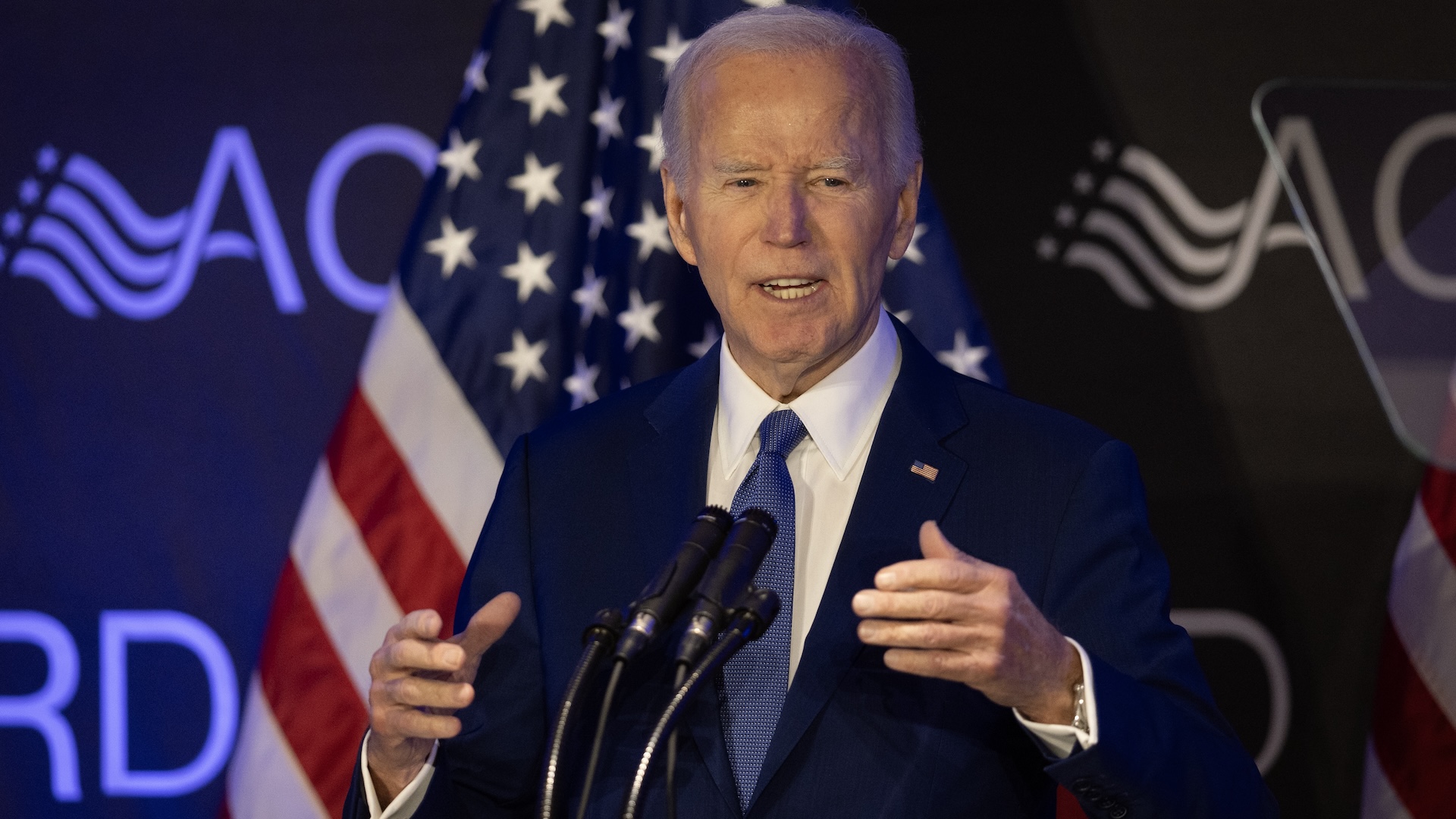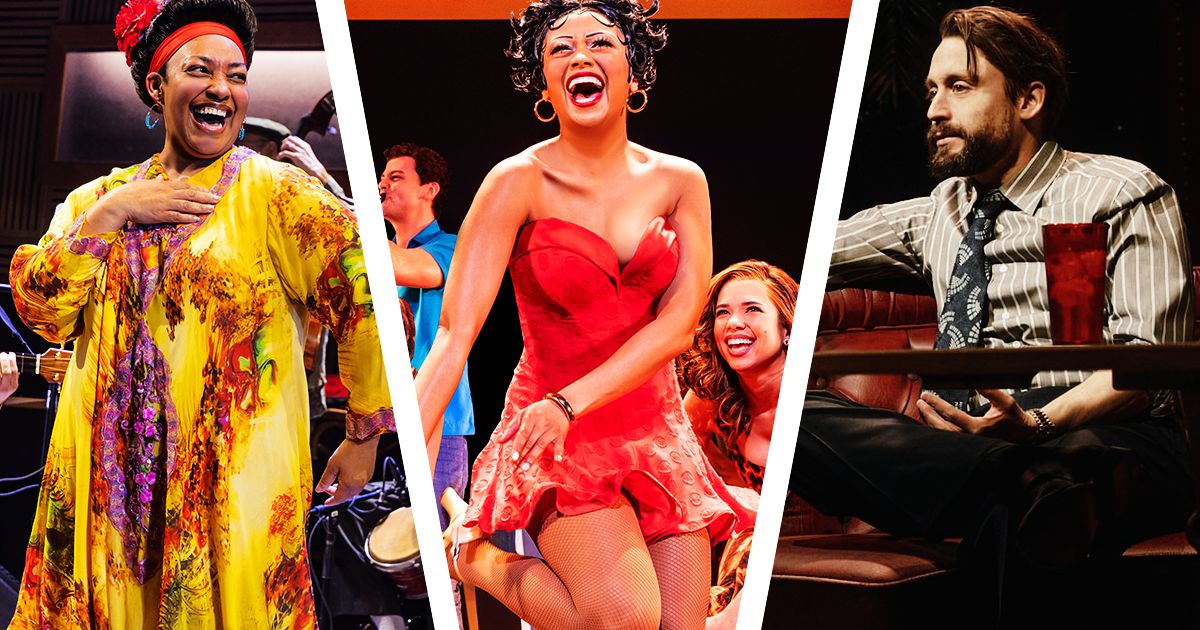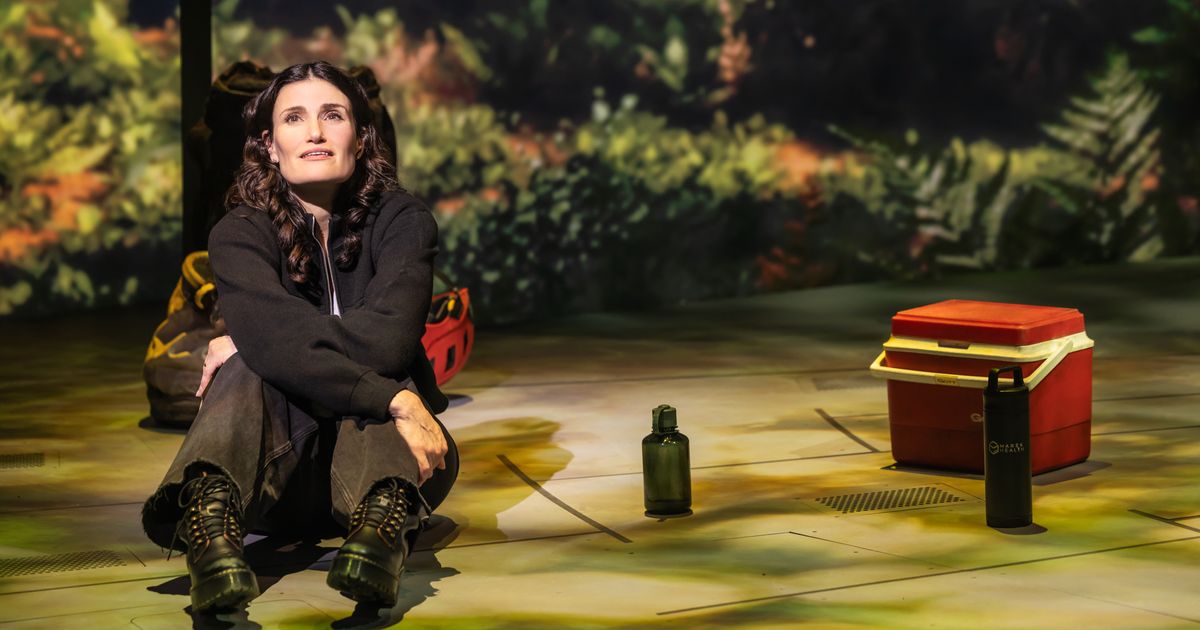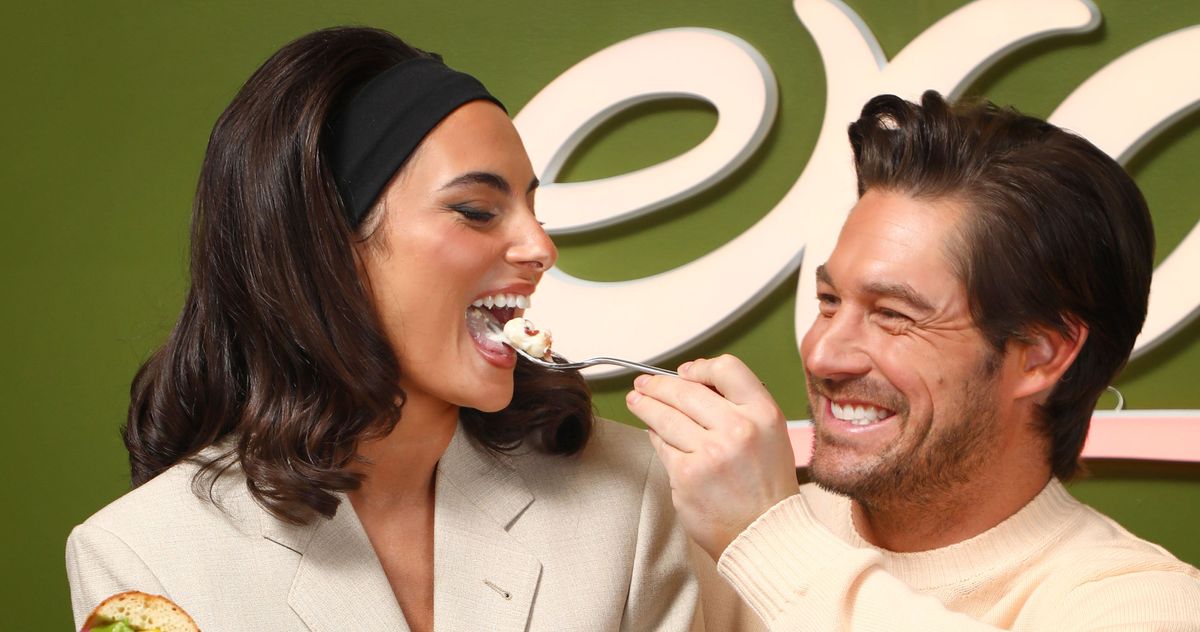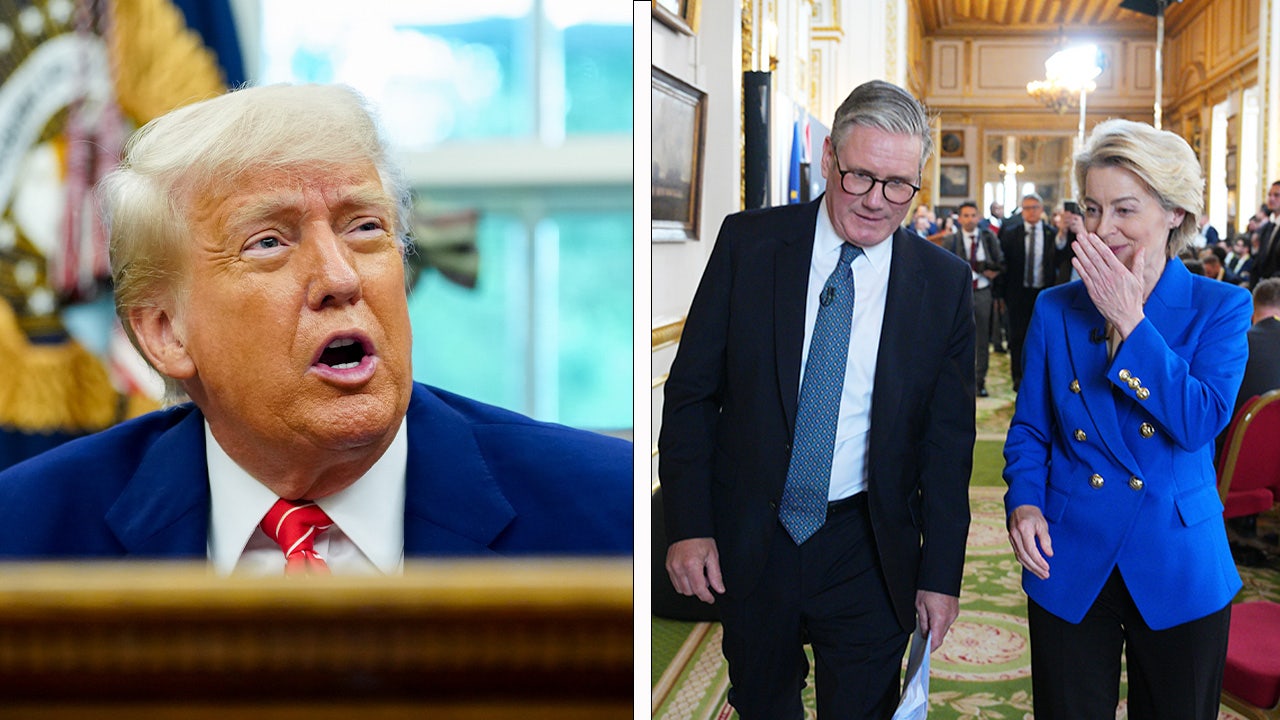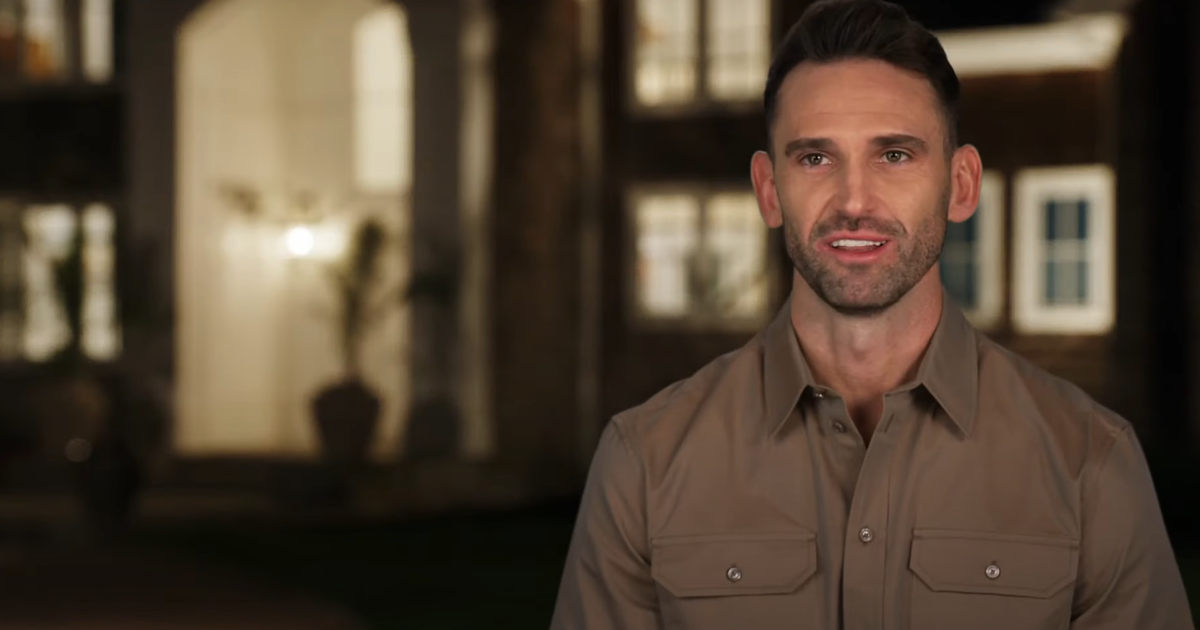Buena! Boop! … oop.
Photo-Illustration: Vulture; Photos: Matthew Murphy and Evan Zimmerman, Emilio Madrid
It’s a great day to be at the Buena Vista Social Club and a terrible one to be inside Jake Gyllenhaal’s expensively renovated Othello dressing room. The Tony nominations are out, and the big headlines, as you might’ve already read today, include a surge of affection from the nominating committee for The Buena Vista Social Club, which tied Death Becomes Her and Maybe Happy Ending for the most nominations and will be receiving a special recognition for the musicians who make up its band. The same committee, however, had much less enthusiasm for some of the marquee names who came to Broadway: No nomination for Kieran Culkin, who could’ve had an awards three-peat after his Emmy and Oscar; no nominations for Gyllenhaal or Denzel Washington or anyone else involved in their dreary Shakespearean slog; and on the musical side, nothing for Nick Jonas or The Last Five Years. Still, in a starry season, there are plenty of stars who did get recognition: Sadie Sink, Daniel Dae Kim (even far after Yellow Face’s closure), Culkin’s fellow Successionier Sarah Snook, and some guy named George Clooney. Time to dig deeper and understand what all these accolades and snubs might mean.
Let’s just cut to everyone’s favorite category, especially this season: We’ve all been bracing for the race between Sunset Blvd.’s Nicole Scherzinger and Gypsy’s Audra McDonald but wondering who would make it into the other slots. The committee settled on the two stars of Death Becomes Her, Megan Hilty (who is ever slightly more of the lead) and Jennifer Simard (who is ever slightly more scene-stealing), then coronated newcomer Jasmine Amy Rogers, who is fantastic as a tap-dancing cartoon made flesh in Boop!
Those who did not get nominated include Broadway legend Idina Menzel, who got cooler notices but was campaigning hard for her trip in the leaves in Redwood, and Sutton Foster in Once Upon a Mattress as well as another of the season’s discoveries, Helen J. Shen, who is absolutely lovely as a robot who learns to love in Maybe Happy Ending. Shen’s show got plenty of love elsewhere, including for her co-star Darren Criss and director Michael Arden, but that she didn’t make it in is possibly indicative that it’s not a runaway front-runner for Best Musical. (If you’re wondering why Best Actress has only five slots while Best Actor has six, it’s not that the Tonys decreed there were more good actors this year: A category expands when there’s a tie in the voting process, a system that has convoluted rules.)
Let’s skip over to the new musicals. Going simply by nomination counts, this is a big day for Buena Vista, Death Becomes Her, and Maybe Happy Ending. Death Becomes Her has a lot of catchy design elements that got it recognition, but would have to fight a little harder to be seen for more than just its skin (which is, yes, thematic). Buena Vista overperformed in nominations — the committee recognized Marco Ramirez’s book, which largely exists to prop up a concert of familiar melodies — so I wouldn’t count it out, or discount the Tony voters’ affection for those songs, but again, this show is largely a concert. We only have to assume, however, that Natalie Venetia Belcon, as the show’s presiding diva, will win Featured Actress.
Maybe Happy Ending hit the sweet spot of recognition for its design elements, a lead nomination for Darren Criss, and nominations for its book, score, and orchestrations — and direction, where it feels like Michael Arden is the natural rival to Sunset’s Jamie Lloyd. hough, as we’ve noted, the love isn’t overwhelming to the point where Shen was nominated. Which brings us to what looks like Maybe Happy Endings’s closest rival for the big award: Dead Outlaw, riding sterling notices from its Off Broadway run to seven nominations into key categories like lead actor (Andrew Durand; he’s the corpse), featured actor (Jeb Brown, the narrator, though I wish there’d been room for Thom Sesma, the coroner who gets its 11 o’clock number), featured actress (Julia Knitel; has she ever been in the same room as Heidi Gardner?), book, score, and direction (David Cromer, a Tonys regular only nominated here, but not for Good Night, and Good Luck). The weak point for Dead Outlaw looks to be over in orchestrations, where Maybe Happy Ending and Buena Vista have a presence alongside Just in Time, Floyd Collins, and Sir ALW, but there was no room for Outlaw’s wild western rock. There’s also the compounding factor of the box office: Maybe Happy Ending’s been running since the fall, Dead Outlaw’s a niche thing still in takeoff mode. Voters do tend to lean toward hits.
It must be a happy morning for the cast of Purpose, Branden Jacobs-Jenkins’s drama about a family very much like Jesse Jackson’s, which secured two leading actor nominations for Harry Lennix (its Jesse Jackson analogue) and Jon Michael Hill (its narrator, his son), a leading actress nomination for LaTanya Richardson Jackson (the family matriarch), and featured nominations for Glenn Davis (playing the Jesse Jackson Jr. analogue), and Kara Young (a perennial Tony favorite, here playing the family newcomer to the whole dynamic). Purpose hasn’t received the overwhelming enthusiasm that greeted Jacobs-Jenkins’s previous work Appropriate, a big winner at the Tonys last year, but the nominating committee still liked those performances a lot — though interestingly not Phylicia Rashad’s direction, which makes it seem less likely as a Best Play winner. Also notable is the recognition for Sanaz Toossi’s Pulitzer winner English, which filled the Featured Actress category with two performances (Tala Ashe and Marjan Neshat, student and teacher, and both great) and got nods for Knud Adams’s direction and Masha Ginsberg’s scenic design, the kind of thing that’s rare for nominators to remember after a show’s limited run.
Still, Best Play looks to be a toss-up between the late-season entry of John Proctor Is the Villain — I was very happy to see recognition for Fina Strazza, a former Matilda, in Featured Actress — and the season-long event that has been Oh, Mary! My current gut feeling is that the latter is a bit too farcical (and queer, and explicitly comedic) for voters to commit too, not that John Proctor, with takes the emotional lives of teenage girls seriously and includes thorough analysis of Lorde’s “Green Light,” is your typical Tony favorite either. But it does feel as if Cole Escola has the best case to make as a Lead Actor in a Play. And wouldn’t it be fun for those of us who watched Cole’s YouTube videos back in the day see them beat George Clooney?
Let’s not ignore another production about a corpse: Operation Mincemeat, about a wild British WWII operation coming to New York off Olivier wins for Best Musical and Jak Malone, nominated here for Featured Actor, but facing stiffer headwinds (like a notably cold reception in the Times) in North America. Malone, who gets Mincemeat’s best song, still looks like a favorite in his category, and Mincemeat did get recognition for its score (written by three of its stars, members of the same comedy troupe), but the lack of enthusiasm elsewhere must sting. And since we’re discussing the Featured Actor category, a brief shoutout to Floyd Collins’ Taylor Trensch, nominated for a lovely performance as the character with the single best name on Broadway, Skeets Miller (a real guy!), as well as to Brooks Ashmanskas, who received one of two nominations for the misconceived stage version of Smash. Smash floundering at the Tonys while Megan Hilty gets a nomination! How very Smash. (Want to know another niche industry punch line? Smash’s producer Steven Spielberg is still getting a nomination too. Universal is producing Death Becomes Her, and Spielberg’s one of the few friends of the studio on its list of producers; the other names include Jason Blum, James Wan, and Marc Platt. Hollywood wins after all.)
As for the other British imports: Sunset is coasting along just fine in those musical revival categories. The Hills of California got a solid enough string of nominations for a solid enough thing. The Picture of Dorian Gray’s star Sarah Snook (Australian, as is the production, though it comes from us via the West End) looks like a lock for her lead performance. Her production, meanwhile, is a contender for its various screen-forward effects (scenic, costume, lighting, and sound design), and for Kip Williams’s direction. Still, it’s no juggernaut and didn’t manage a nomination in Best Play (which would, amusingly, have led to a nomination for both Williams and Oscar Wilde himself). Entirely ignored, meanwhile, is Cameron Mackintosh’s Sondheim tribute Old Friends, which isn’t necessarily a surprise considering it is a revue, though one might’ve expected a halo nomination for Bernadette Peters or Lea Salonga.
What information can we glean from the other categories about that Nicole-Audra race? Both of their shows are nominated for Musical Revival. Sunset also got nods for her co-star Tom Francis, for Jamie Lloyd’s direction, as well as craft recognition for its lighting and orchestrations (David Cullen and Andrew Lloyd Webber succeeded where Jason Robert Brown, who re-orchestrated The Last Five Years, did not). Gypsy also scored a nomination for Joy Woods, who plays the actual title role as Momma Rose’s daughter Louise, and for the bear-hug of a performer who is Danny Burstein, while Camille A. Brown’s choreography was recognized but George C. Wolfe’s direction wasn’t. That certainly makes it an uphill battle for Gypsy in revival, which seems like good news for Nicole — though the attention could still coalesce around Audra as a star, especially if voters feel satisfied recognizing Sunset elsewhere. We will continue to keep close tabs on whatever happens on 44th street.
Back to those Hollywood types: The biggest snubs are Washington, Gyllenhaal, and Culkin, though they’re not entirely surprising given the critical reception of their shows. Old fashioned theatrical snobbery lives, which I appreciate. The committee was less blinded by star power than they have been in the past. The stars of the Glengarry revival all submitted in featured actor, and only Bob Odenkirk received recognition (personally, I’d favor Bill Burr’s performance over his, but it feels right that only one actor got a nod, and Culkin’s notices were the coolest of the bunch in general). Plus, that’s made room for some really great featured performances. I’m heartened by the enthusiasm for Yellow Face, in which Francis Jue becomes the heart of the piece, as well as the recognition for Gabriel Ebert, who is really effectively deployed as a “nice” guy in John Proctor.
Given that the Tonys ignored one very notable and very expensive Shakespeare revival in Othello, the revival of the play category has turned into a fun competition between shows that already ended their runs. Eureka Day, Jonathan Specter’s satire of a lefty California school debating its vaccination requirement (itself barely a revival, given that the play had its first production in 2018), seems like it has the edge by dint of pure newsworthiness and the fact that theatrical mainstay Jessica Hecht looks to be a Featured Actress frontrunner (well, her or Kara Young). Still, there’s also a strong showing from Yellow Face, which means this turns into a competition between their producers Roundabout and MTC about who can best remind voters about what they saw a few months ago. (And a test of which voters were proactive enough to get comps while both shows were running.)
Just in Time, as we discovered last week, is nominally about crooner Bobby Darin, but primarily about its star Jonathan Groff, whose enthusiasm for Darin carried the show to six nominations—including one for Gracie Lawrence, which we could’ve predicted after seeing her belt “Never Enough” on The Sex Lives of College Girls. It would be wild for Groff to win back-to-back after Merrily We Roll Along last year, but it’s hard to argue with the possibility of that happening. The likely competition is Floyd Collins’s yodeling Jeremy Jordan, who’s working with a satin-like score but against the fact that he’s confined to one spot for most the show; Tom Francis, an Olivier winner who does that famous walk down the street outside Sunset but is in his co-star’s shadow; perhaps Andrew Durand (also immobile for a lot of Dead Outlaw, as he’s the titular dead guy); or Darren Criss (impressively unshowy in Maybe Happy Ending, which can be a problem awards-wise). Filling out the category, there’s James Monroe Iglehart, who was also in a bio-musical as Louis Armstrong. The show closed its run early this February, but it’s good of the nominating committee to remember that work.
In addition to Iglehart, we’ve got a few other nomination orphans this morning. There’s Odenkirk in Glengarry; the jazz-ified revival of Pirates! The Penzance Musical, up for musical revival but with potential nominees David Hyde Pierce and Jinkx Monsoon ignored elsewhere; Romeo + Juliet, also up for revival of a play, but minus recognition for Kit Connor’s pull-ups or Rachel Zegler’s singing; the scenic design of that shipwreck in Swept Away (sorry to that Critic’s Pick); the Jim Parsons-led revival of Our Town, a show that also didn’t get recognition for its TV stars; and Mia Farrow in The Roommate. It’s hard to remember that that play even happened, but it is fun to ponder what Ronan Farrow will post. Finally, there’s the tough fate of Real Women Have Curves, which notched two nominations for its score and featured actress Justina Machado (excellent, according to my colleague Sara Holdren; I haven’t had a chance to see the show yet), but couldn’t break through the noise of the end-of-season crunch to make more of an impact.
Our biggest streaming service has made a name for itself with splashy campaigns at the Oscars and Emmys as well as fumbling the ball on converting nominations into major awards. Now that same tendency is playing out at the Tonys, where Netflix is campaigning Stranger Things: The First Shadow with the guidance of British super-producer Sonia Friedman. The play-ish spectacle racked up five nominations, for its lead actor Louis McCartney and its scenic design, lighting, costume, and sound. It’s already secured a special Tony for its Illusions & Technical Effects. But unlike Harry Potter and the Cursed Child, another franchise event play Friedman ushered to an actual Tony win for Best Play in 2018, Stranger Things did not make a dent in that category. In classic Netflix fashion, they always win, but they don’t win big. Another sign the stations of the EGOT are blurring together.

